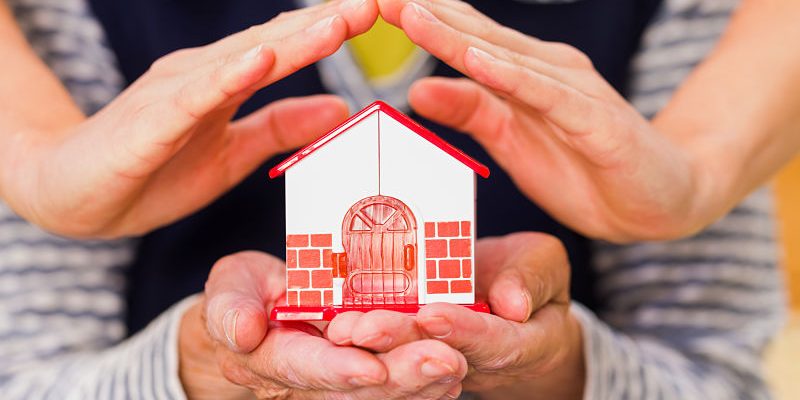Homeownership is rewarding for many reasons. It provides financial stability, builds equity and contributes to the economic development of communities.
However, the process of buying a home is not without its challenges. Among those are saving for a down payment, finding the right mortgage and keeping up with maintenance costs.
- Take advantage of low interest rates
Homeownership is a cornerstone of the American dream and provides numerous benefits. It offers security and financial stability, the ability to plant roots in a community and build lasting memories, tax deductions, and much more!
Purchasing a home is a huge financial commitment, so it’s important to consider the reasons why you want to buy a house before making the decision. Some common reasons include wanting to start a family, settling in a better school district, getting a more spacious house or upgrading your current home.
Another benefit is the opportunity to grow equity as you pay off your mortgage. This is especially helpful early in the loan term when most of your payments are interest. Additionally, homeowners are eligible for tax deductions on their mortgage interest and property taxes. These deductions can significantly lower the cost of homeownership. Talk to your tax advisor for more details.
- Save as much as you can
Homeownership comes with a lot of financial responsibility, and you need to be prepared. You’ll need a down payment, closing costs and mortgage insurance, as well as maintenance expenses like new appliances or a roof repair. You’ll also need an emergency fund or a warranty plan in case something unexpected pops up, such as a leaky basement or a blown-out air conditioner. Many homeowners respond to the question, “Is home warranty worth it?” as a resounding yes because it gives them a peace of mind when it comes to repairs.
Depending on how long you plan to stay in your home, it might be worthwhile to invest in energy-efficient appliances or solar panels to lower your utility bills. There may be tax benefits to these investments, too, so talk to a financial professional about your options.
If you’re saving for a down payment, you can help yourself by setting up an auto deduction from your bank account to go into a dedicated savings account for that purpose. That way you won’t see the money and be tempted to spend it. This method works great for those who struggle with impulse shopping, as it will force you to put your savings first before spending money on anything else.
- Pay off your mortgage as quickly as possible
If you have extra money, paying off your mortgage early may seem like the best thing to do. However, this is a personal decision and the right option for you depends on your individual situation.
Experts agree that it’s smart to save for things like a home emergency fund and stay well within the range of mortgage payments that you can afford. However, it’s also important to keep in mind that homeownership comes with a lot of hidden costs that can add up quickly.
Many homeowners are drawn to the idea of paying off their mortgage as quickly as possible because of the psychological freedom of eliminating what is typically the largest budget line item for most households. Plus, it can help reduce your overall debt burden before retiring or reaching other life milestones. However, it’s crucial to consider the interest rate on your mortgage as compared to the interest rates on other debts before making this choice.
- Keep up with maintenance
Homeownership comes with a lot of benefits. But there are also many responsibilities, like maintenance and repair work. Keeping your house in good shape is important for the longevity of the property and to avoid costly surprises down the road.
It’s also a great opportunity to learn new skills, such as how to install a toilet or trim a hedge. This can save you money in the long run because you won’t have to call a professional contractor every time something goes wrong with your house.
It’s a good idea to make saving for maintenance and repairs a priority when you start planning your budget as a homeowner. Not only can it help prevent costly repairs, but it can also protect your investment and keep you from having to sell or move in the future. This is especially true if you live in an area with high costs of living. These additional expenses can add up quickly, so it’s essential to save for them ahead of time.
